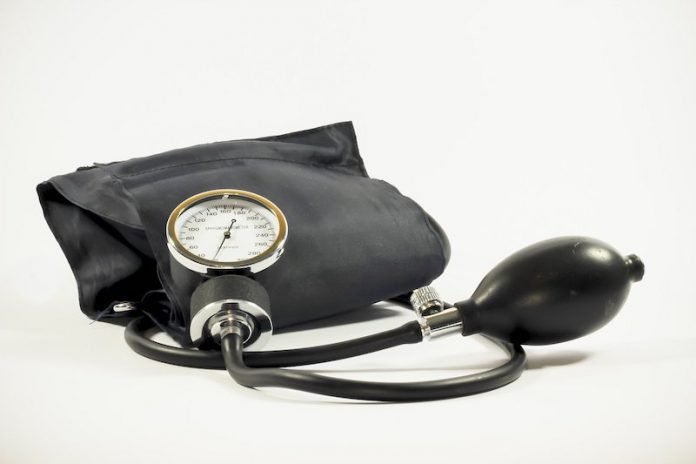
In a recent study published in Hypertension, researchers found that higher blood pressure at night than in daytime may be a risk factor for Alzheimer’s disease in older men.
The study is from Uppsala University. One author is Christian Benedict.
‘Dementia’ is an umbrella term used to describe a category of symptoms marked by behavioral changes and gradually declining cognitive and social abilities.
Numerous factors, including hypertension (high blood pressure), affect the risk of developing these symptoms.
Under healthy conditions, blood pressure (BP) varies over 24 hours, with the lowest values reached night. Doctors call this nocturnal blood pressure fall ‘dipping’.
However, in some people, this BP pattern is reversed: their nocturnal BP is higher than in the daytime. This blood pressure profile is known as ‘reverse dipping’.
In the study, the team used observational data from one thousand Swedish older men, who were followed for a maximum of 24 years. They included men were in their early seventies at the beginning of the study.
They found the risk of getting a dementia diagnosis was 1.64 times higher among men with reverse dipping compared to those with normal dipping.
Reverse dipping mainly increased the risk of Alzheimer’s disease, the most common form of dementia.
According to the researchers, an interesting next step would be to investigate whether the intake of antihypertensive (BP-lowering) drugs at night can reduce older men’s risk of developing Alzheimer’s disease.
If you care about Alzheimer’s disease, please read studies about this common nutrient may hold the key to beating Alzheimer’s disease and findings of how the eyes could be windows to the risk of Alzheimer’s disease.
For more information about dementia prevention and treatment, please see recent studies about this diet may reduce Alzheimer’s risk by changing gut bacteria and results showing a new way to treat memory loss, Alzheimer’s.
Copyright © 2021 Knowridge Science Report. All rights reserved.



